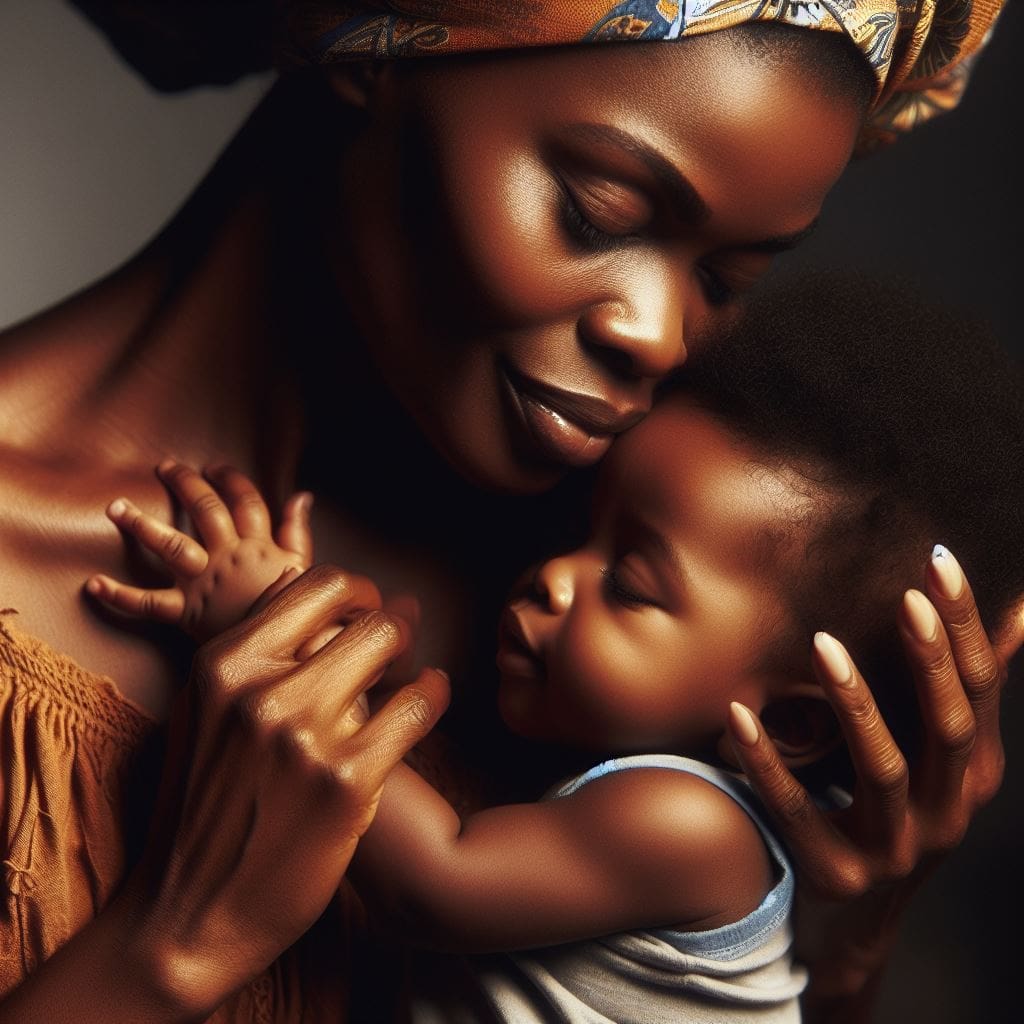“The first emotional comfort, touching and being touched by our mother, remains the ultimate memory of selfless love, which stays with us life long.”
– Ashley Montagu

The Intriguing Nature of Touch
Imagine a world devoid of touch—a place where every interaction lacked the warmth of a handshake, the reassurance of a hug, or the comfort of a pat on the back. It’s a chilling thought, isn’t it? That’s because touch is not just another sense; it’s a fundamental aspect of what makes us human. From the tender caress of a loved one to the firm handshake of a stranger, physical contact forms the cornerstone of our social interactions and emotional connections.
We all know a good hug can make us feel better. But did you know that touch is actually a powerful tool for our physical and emotional well-being? It’s true! From the moment we’re born, it plays a vital role in our development, and it continues to be important throughout our lives.
The Language of Touch
In a world inundated with words and digital communication, physical contact serves as a universal language that transcends cultural barriers and speaks directly to our souls. It’s how we express love, offer solace, and convey empathy without the need for elaborate explanations or eloquent speeches.
Whether it’s the gentle stroke of a mother’s hand soothing a crying child or the firm grip of a friend offering support in times of need, physical contact communicates volumes in the silence between words.
Unraveling the Science Behind Touch
But the power of physical contact extends far beyond its emotional significance—it also has a profound impact on our physical and mental well-being. Scientific research has revealed that regular physical contact releases a cascade of feel-good hormones like oxytocin and reduces levels of stress hormones like cortisol. From lowering blood pressure to boosting the immune system, it’s health benefits are as impressive as they are diverse.
Understanding the Importance of Touch
Touch is one of our most basic senses, and it’s something we experience from the moment we’re born. From the gentle embrace of a parent to the comforting touch of a friend, physical contact plays a vital role in our development and social interactions. It’s how we communicate warmth, affection, and empathy, and it’s essential for building strong relationships with others.
The Emotional Connection of Touch
Have you ever noticed how a simple hug or a pat on the back can instantly make you feel better? That’s because physical contact has the remarkable ability to convey emotions and strengthen bonds between people. Whether it’s expressing love, offering support, or providing comfort during difficult times, physical contact can speak volumes without saying a word.
Health Benefits of Touch
But the power of physical contact goes beyond just emotional connection—it also has tangible health benefits. Research has shown that regular physical contact, such as hugs or hand-holding, can reduce stress, lower blood pressure, and even boost the immune system. It’s nature’s way of helping us feel happier, healthier, and more connected to those around us.
Here’s how physical contact can supercharge your life:
1. Bonds Us Together:
A simple hug or cuddle releases oxytocin, often called the “love hormone.” Oxytocin strengthens our connections with others, making us feel loved and supported.
2. Fights Stress:
Feeling overwhelmed? A pat on the back or a handshake can help! Physical contact can lower stress hormones and calm the nervous system, leaving you feeling more relaxed.
3. Boosts Immunity:
Research suggests that regular positive touch can improve immune function, helping you fight off. So next time you see a friend, give them a hug (with their permission of course!).
4. Soothes Pain:
Ever rub a sore spot when you’re hurt? There’s a reason for that! Gentle touch can help to ease pain and discomfort.
5. Communication Beyond Words:
Sometimes, words just aren’t enough. A reassuring touch can speak volumes, offering comfort and empathy in difficult times.
Touch in Different Stages of Life:
1. Babies:
Infants who receive regular touch thrive. It helps them develop emotionally and physically.
2. Children:
Cuddles and pats on the back offer comfort and security as children navigate the world.
3. Adults:
Physical contact remains important for healthy relationships, reducing stress, and promoting overall well-being.
4. Seniors:
Physical affection can help combat feelings of loneliness and isolation, common among elders.
Making the Most of Touch:
1. Healthy Touch:
Of course, touch should always be consensual and respectful. Pay attention to body language and cues.
2. Different Strokes:
Not everyone enjoys the same kind of physical contact. Some prefer hugs, while others appreciate a hand on the shoulder. Be mindful of individual preferences.
3. Daily Dose:
Even small gestures like a handshake or a pat on the arm can make a big difference.
Ways to Incorporate More Physical Contact into Your Life
Incorporating more physical contact into your daily life doesn’t have to be complicated. Simple gestures like holding hands with a loved one, giving someone a high-five, or cuddling with a pet can all help strengthen your relationships and improve your overall well-being.
And don’t forget about self-touch—activities like massage, stretching, or even just gently rubbing your own arms can be incredibly soothing and relaxing.
Parting Words
In conclusion, the power of touch is truly remarkable. From fostering emotional connections to promoting physical health, physical contact plays a vital role in our lives. So, the next time you have the opportunity to reach out and embrace or hold someone, whether it’s a hug, a handshake, or a simple pat on the back, embrace it wholeheartedly. You never know the positive impact it could have, both on you and those around you.



